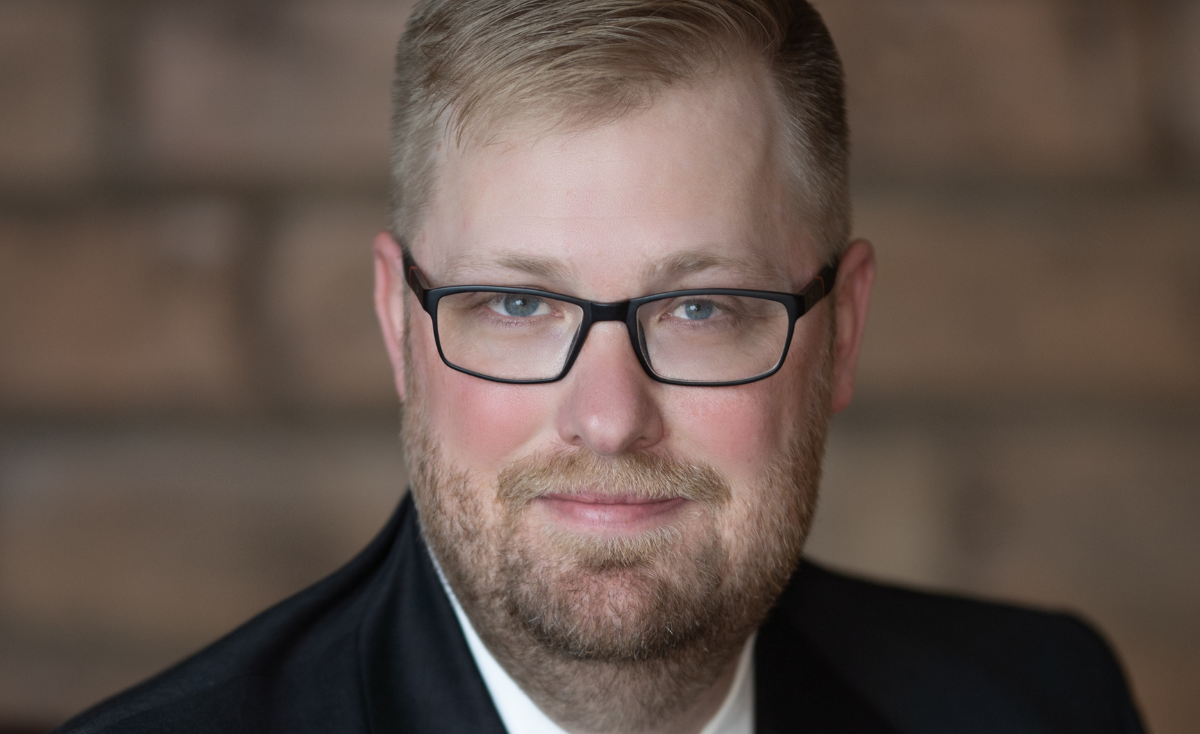 @NDIDC
@NDIDC
Jon Godfread: We [in North Dakota] are a well-kept secret and that's a problem because it's hard to seek out investors. For us, it’s a case of how we highlight what's going on in the state by talking about the great things that may pique investors’ interests because we have great connectivity, low-cost energy, and we're the only state in the country that has beyond visual line of sight flying for unmanned aerial vehicles.
One challenge we face with investing, whether that's at the insurance company level or broader is the current global push on ESG. It's no secret North Dakota is an energy-producing state. We produce a lot of fossil fuels; we do oil and gas, and we have coal-fired power plants.
"We have coal mines and coal power plants in the state that
are having difficulty acquiring insurance."
We also have a significant amount of agriculture production, which means more emissions. We struggle with the next wave of energy - we're all on board - but it’s a matter of how we do it in a reasonable way because if we flip off our coal energy then we don't have enough energy capacity.
We're seeing that in the insurance sector as well. We have coal mines and coal power plants in the state that are having difficulty acquiring insurance. If you're a large business like that then you must have liability insurance and property insurance, or you can't do business. There are several global pressures that [these producers] are seeing in the insurance industry about divestment from fossil fuels and we're seeing that trickle down where we have a coal power plant providing baseload energy to the Upper Midwest that can't find insurance. If it can't find insurance then it has to shut down, which means the power grid shuts down.
That would be an insurance. It’d cause a whole host of other societal impacts that would affect the insurance industry. We respect what's going on with the climate change discussion and the changes that are coming, but we care about how we can transition in a way that doesn't create a catastrophe too.
The goal is to move away from these emitting energy sources, but we are not in the technology space where we can replace them with wind, solar or hydro. We don't have the capacity or the storage. So, these things are going to have to coexist, and we need to make sure that they can.
We're seeing a big push in states taking a stance similar to California’s that said you can’t invest in fossil fuels, and you must take ESG into account. We're also seeing some of the energy-producing states pushing back on that. We need a solution to punishing any investments into energy because I don't think it's going to lead to a positive outcome for us.
Jon: I don't think I'm alone in this, but regulators hate surprises.
"The reality is the insurers are going to see issues earlier than I will.
They're interacting with consumers on a day-to-day basis."
If a company has an issue, they’re better off coming to us first and early. That's much better than us finding out through a complaint system where we are behind the curve and I have to come to the company, which means I have to wield the hammer and impose the regulation. Whereas, if you catch it early, then we can be part of the solution.
It comes down to communication. The reality is the insurers are going to see issues earlier than I will. They're interacting with consumers on a day-to-day basis. They're seeing the trends, so having a communication line open goes a long way in building trust.
On the other side of that, is trust is a two-way street. Depending on the state and the relationship, regulators can overregulate and wield that hammer too aggressively and that damages the trust.
We're in that revolutionary time – there are a lot of grey areas and things that we haven't contemplated, such as the use of machine learning, artificial intelligence, and data privacy, which is a huge issue.
Jon: We don't like operating in hypotheticals and there are no true hypotheticals. if I get a question from a company saying we're struggling with how this law matches this product, can you give us some guidance? I'd much rather give that guidance rather than have them shoot in the dark and say, we called the department they didn't give us an answer.
There's a responsibility of the regulator side to be open and not try to play gotcha with companies. Sure, we have tools to be able to regulate it and go after bad actors but for the most part, the insurers want to get it right. There's plenty of space to be a growing company and provide good services.
"The goal is the same; to provide that good product, good coverage,
and a good consumer outcome."
That comes from guidance, from having honest conversations and being forthright. That's one thing that I hope I've brought to North Dakota in terms of how we regulate the marketplace, which may be a little bit different than what's been done in the past and that's been appreciated at this point, is that its important insurers know they can call the regulator and get an answer versus us being an office in a tower that only communicates with them when they do something wrong.
That's not my goal. I want to be as much of a partner as we can be. We have different sides of the coin that we worry about, but the goal is the same; to provide that good product, good coverage, and a good meaningful consumer outcome.